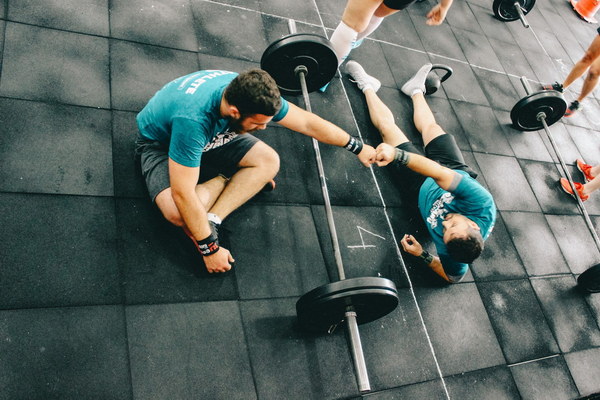Should You Protect Your Liver When You Have Enlarged Spleen
Introduction:
Enlarged spleen, also known as splenomegaly, is a condition where the spleen becomes larger than its normal size. While it is a common health issue, many people wonder whether they should also protect their liver when dealing with an enlarged spleen. In this article, we will explore the relationship between these two organs and whether liver protection is necessary when you have an enlarged spleen.
1. Understanding the spleen and its functions:
The spleen is an organ located in the upper left part of the abdomen. It plays several crucial roles in the body, including filtering blood, producing blood cells, and storing blood. The spleen is also responsible for removing old or damaged red blood cells, which helps maintain healthy blood circulation.
2. The relationship between spleen and liver:

The spleen and liver are closely connected, as they are part of the body's immune system. They work together to filter and protect the blood from harmful substances and pathogens. Additionally, the liver and spleen are involved in the production and storage of blood cells.
3. Causes of spleen enlargement:
There are several reasons why a spleen may become enlarged, including infections, liver diseases, blood disorders, and other medical conditions. Some common causes of spleen enlargement include:
- Infections: Bacterial, viral, and parasitic infections can lead to spleen enlargement.
- Liver diseases: Conditions like hepatitis, cirrhosis, and liver cancer can cause the spleen to become larger.
- Blood disorders: Sickle cell anemia, thalassemia, and other blood disorders can lead to spleen enlargement.
- Other medical conditions: Pancreatitis, lymphoma, and certain types of cancer can also cause the spleen to become enlarged.
4. Liver protection when dealing with an enlarged spleen:
While an enlarged spleen itself may not directly impact liver function, it is essential to consider the underlying causes and potential liver involvement. Here are some reasons why you may need to protect your liver when you have an enlarged spleen:
- Underlying liver diseases: If the enlarged spleen is caused by a liver disease, such as hepatitis or cirrhosis, it is crucial to protect the liver by following the prescribed treatment and lifestyle modifications.
- Increased risk of infection: An enlarged spleen may lead to a weakened immune system, making the body more susceptible to infections, which could potentially affect the liver.
- Blood disorders: Certain blood disorders, such as those associated with an enlarged spleen, can increase the risk of liver damage. In such cases, it is essential to monitor liver function and take appropriate measures to protect the liver.
5. Ways to protect your liver when dealing with an enlarged spleen:
To protect your liver when dealing with an enlarged spleen, consider the following measures:
- Follow your healthcare provider's treatment plan: Adhere to the prescribed medication and therapy to address the underlying cause of the enlarged spleen.
- Maintain a healthy lifestyle: Engage in regular physical activity, eat a balanced diet rich in fruits, vegetables, and lean proteins, and avoid excessive alcohol consumption.
- Stay hydrated: Drinking plenty of water helps maintain liver function and aids in the elimination of toxins.
- Monitor liver function: Regularly check your liver function tests to detect any abnormalities early.
- Seek medical attention: If you experience symptoms of liver disease or other health issues, consult your healthcare provider promptly.
Conclusion:
In conclusion, while an enlarged spleen itself may not require direct liver protection, it is essential to consider the underlying causes and potential liver involvement. By addressing the root cause of the spleen enlargement and taking appropriate measures to protect your liver, you can maintain optimal health and well-being. Always consult with your healthcare provider for personalized advice and treatment.









